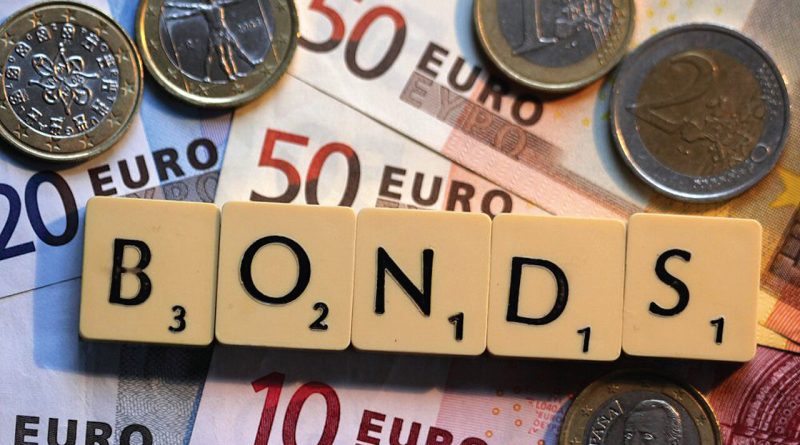Nigeria opens $2.3 billion Eurobond sale to plug budget gap
Nigeria began the sale of a $2.3 billion Eurobond on Wednesday, marking its second issuance of a dollar debt after a comeback to the international capital market last December after an almost three-year lull.
The debt sale comes one week after the parliament acceded to President Bola Tinubu’s move to borrow that sum, which will aid his government in closing the fiscal gap in its spending plan for this year.
Two securities, comprising a 10-year tranche of 9.13 per cent yield and a 20-year tranche of 9.63 per cent yield, are up for grab.
“We expect the market to support the offer, considering that we are in an environment where emerging market yields are a lot more compelling, compared to what is obtainable in the advanced market,” Tajudeen Ibrahim, director of research and strategy at Chapel Hill Denham, told PREMIUM TIMES.
Chapel Hill Denham, which is based in Lagos, is the bookrunner to the offer.
“We believe that that is consistent with a successful issuance across emerging markets and Nigeria being a particular market where foreign investors have been able to see relatively more robust returns compared to advanced economies,” the investment banker added.
Investors keep flocking to emerging market bonds, which have sharply outperformed US bonds this year, following a series of interest rate cuts by the world’s most developed nation.
The prospects of emerging markets commanding stronger inflows remain solid on the expectation that the US Federal Reserve will keep walking the path of a dovish monetary policy into the foreseeable future.
African economies, including Kenya and Angola, are tapping the Eurobond market again, helped by better credit outlooks, easing inflation and improved macroeconomic conditions, after elevated global interest rates kept them away in recent years.
As of Tuesday, the Cbonds Africa Sovereign USD T-spread Index showed an average difference of 392 basis points over US Treasuries, which compares to as high as 900 basis points in 2023. That narrowing in the bond spread, an intimation of favourable market conditions, is assuring African countries they can now borrow at lower costs at the international debt market.
Chapel Hill Denham is upbeat that the offer will be oversubscribed and is broadly expectant that the strong returns, which the two tranches of debt that Nigeria is selling promise, will be alluring to yield-hungry investors, given a market buoyancy that is fuelling interest in emerging market bonds. The $2.2 billion Eurobond the country issued late last year delivered a massive outcome, with orders touching $9.1 billion.
Market sentiments and analysts’ views
On Monday, jitters from US President Donald Trump’s threat to launch a military action against Islamist militant groups in Nigeria caused the country’s sovereign bonds to retreat before regaining lost ground in part.
Mr Ibrahim said he does not envisage the geopolitical tension that Mr Trump’s statement might trigger to weigh on the Eurobond sale.
“Investors, to my mind, do not take a short-term look at investment opportunities across the world,” he remarked.
“What they take a look at is long-term investment opportunities, and it is on the back of that that they will not really allow short-term negative news flows to reduce the opportunities of earning higher yields across emerging markets. I reckon the impact will not really reflect too much like that,” he added.
He believes that issuing the bond at single-digit yields, just above 9 per cent, is a positive for the government in its race to keep debt service low, considering that Nigeria has other Eurobonds that are currently running at double digits.
Recent credit rating upgrades by Moody’s and Fitch also played a part in pricing the Eurobond at a single digit. The Nigerian government also said that part of the proceeds of the offer will help refinance a Eurobond falling due this month.
READ ALSO: Nigerian businesses battling high costs, insecurity – Report
“Confidence has also been buoyed by Nigeria’s removal from the Financial Action Task Force (FATF) grey list earlier this year, reducing perceived compliance-related risks and improving the country’s attractiveness to offshore investors,” Meristem Securities said in a Wednesday research note seen by PREMIUM TIMES.
The investment bank is nursing the optimism that the country may benefit from a possible recategorisation from Unclassified to Frontier Market status by FTSE RUSSELL, especially the positive implications of the action for capital inflow.


